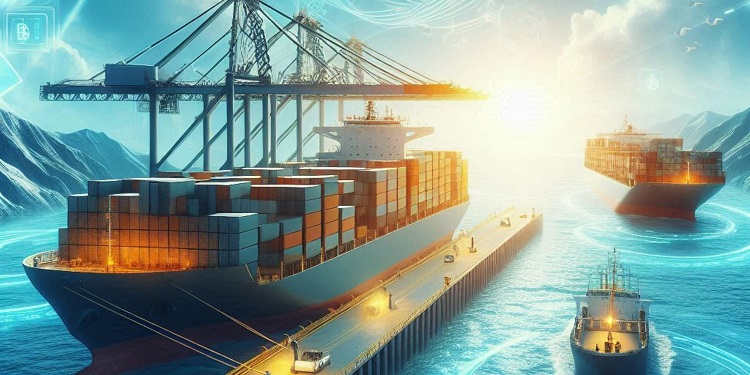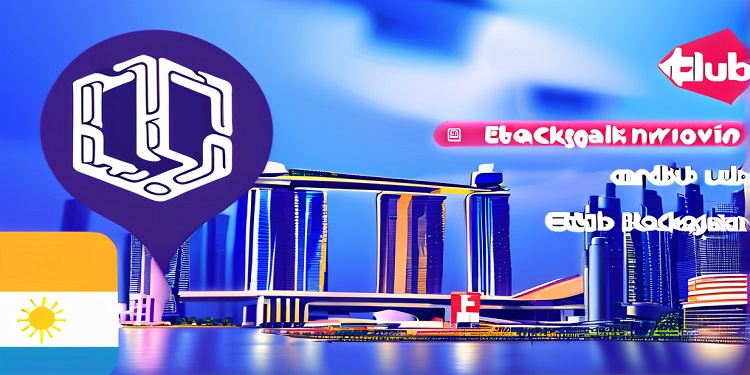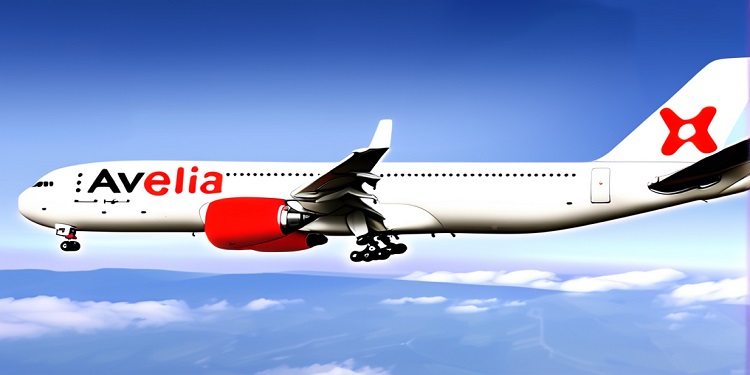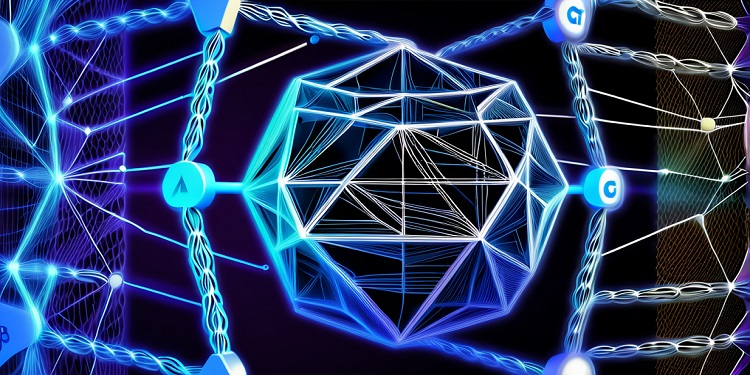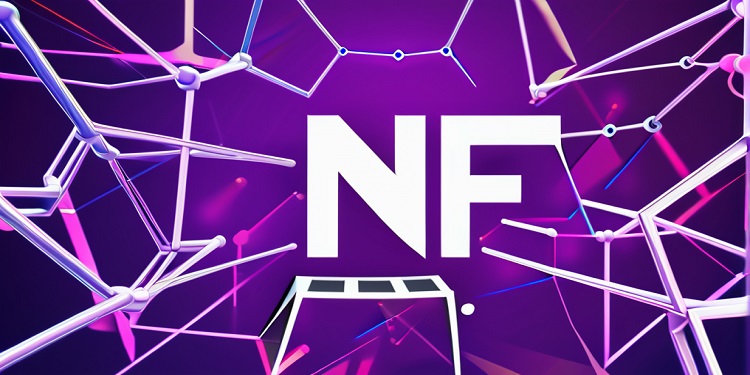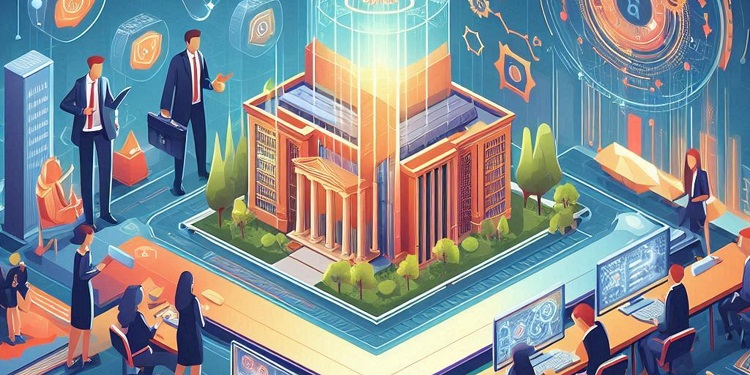The Maritime Industry Authority (MARINA) has announced plans to launch an innovative online system aimed at enhancing services for Filipino seafarers and other maritime stakeholders. This initiative, called the Blockchain-Enabled System for Transactions (BEST), will provide real-time processing and updating capabilities for various applications, significantly improving the efficiency and transparency of maritime operations.
Transportation Undersecretary for Maritime Elmer Sarmiento explained that the BEST system would allow MARINA clients to handle payments, track, and update their transactions online. Furthermore, it will offer notifications regarding certificate expiration, ensuring that all relevant parties are promptly informed of any necessary renewals or updates. This development is part of a broader digitalization effort by the Department of Transportation (DOTr) to modernize the maritime industry and enhance overall service delivery.
Enhanced Document Verification and Security
One of the key features of the new system is its ability to enable the Philippine Coast Guard (PCG) to verify the authenticity of documents presented to them. By integrating blockchain technology, the system ensures that all certifications and documents are tamper-proof and easily verifiable. This enhancement is expected to bolster security measures within the maritime sector, reducing the risk of fraudulent activities and increasing trust among maritime professionals and authorities.
Addressing Passenger Congestion with Online Ticketing
In addition to the BEST system, the DOTr is advocating for the implementation of an online ticketing and advance booking system for passenger ships. This initiative aims to address the chronic issue of long queues and congestion at ports, particularly during peak travel periods such as long weekends and holidays. Sarmiento highlighted the significant increase in passenger volume since the country began recovering from the pandemic. The manual and on-the-day ticket selling practices have exacerbated congestion problems at ports, leading to frustrating delays for travelers.
To mitigate these issues, the DOTr and MARINA are in discussions to mandate shipping lines to establish their own online ticketing systems, similar to those used in the aviation sector. This move is expected to streamline the ticketing process, reduce waiting times, and improve the overall travel experience for passengers. By embracing digital solutions, the maritime industry aims to keep pace with technological advancements and meet the evolving needs of its clientele.
Commitment to Modernization and Efficiency
The introduction of these digital initiatives underscores the DOTr’s commitment to modernizing the maritime industry. By leveraging advanced technologies such as blockchain and online platforms, the department aims to create a more efficient, transparent, and secure maritime environment. These efforts are part of a broader strategy to enhance the competitiveness of the Philippine maritime sector and ensure it can meet international standards and expectations.
Sarmiento emphasized that the push for digitalization is a crucial step towards achieving these modernization goals. By adopting innovative solutions, the maritime industry can overcome existing challenges and deliver superior services to seafarers, passengers, and other maritime stakeholders. The transition to digital platforms is expected to bring about a range of benefits, including reduced administrative burdens, improved service delivery, and heightened security measures.
Overall, the rollout of the BEST system and the proposed online ticketing initiative represent significant strides towards the digital transformation of the Philippine maritime industry. As these projects come to fruition, they promise to enhance the efficiency and reliability of maritime services, benefiting all those who depend on this vital sector.

